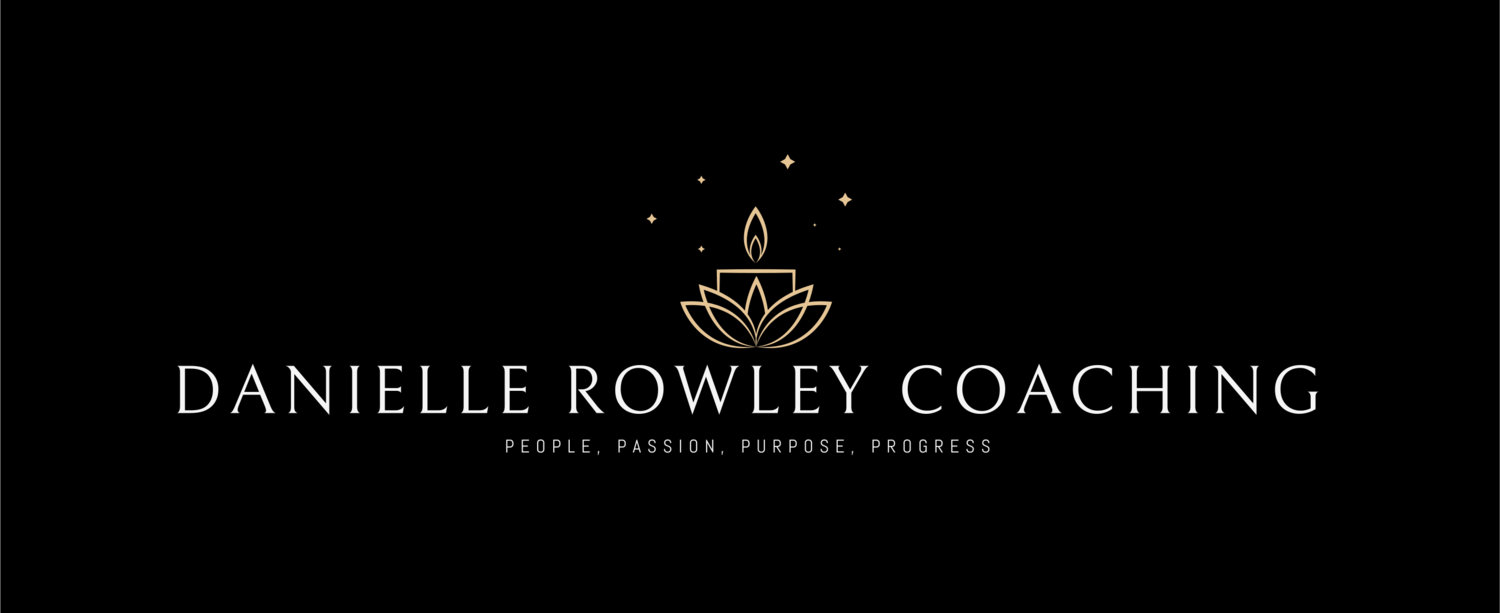Rising Strong: Navigating the Journey of Overcoming Exclusion and Embracing Resilience
The Hidden Hurt: Navigating the Emotions of Exclusion We’ve all felt it at some point—standing on the periphery, watching others laugh, connect, and share experiences while we remain outside the circle. Being excluded is more than just a momentary sting; it’s an emotional experience that can leave deep psychological imprints. Understanding and navigating these emotions is essential for healing and growth.
The Immediate Sting: Shock and Confusion When exclusion first happens, the initial reaction is often shocking. Questions flood our minds: “Why me?” “What did I do wrong?” This confusion can paralyse us as our brains scramble to make sense of the social rejection. The immediate sting of exclusion often feels like a direct hit to our self-worth.
The Lingering Pain: Sadness and Loneliness As the shock wears off, it’s replaced by a profound sense of sadness. We mourn the loss of connection and the missed opportunities for bonding. Loneliness sets in, not just because we’re physically apart from others but because we’re emotionally distanced. This kind of loneliness can be particularly acute, as it stems from a perceived lack of acceptance and belonging. The Doubt Within Self-Esteem and Insecurity Exclusion can severely impact our self-esteem. It’s easy to internalise the rejection and question our value when left out. “Am I not interesting enough?” “Do they not like me?” Such questions can erode our self-confidence, making us feel small and insignificant.
The Burning Sensation: Anger and Resentment As we process the hurt, anger often surfaces. This emotion can be directed inward, at ourselves for perceived shortcomings, or outward at those who excluded us. Resentment can build not just towards the individuals but also towards the social structures enabling exclusion. If not addressed, this anger can become a barrier to future relationships.
The Need for Understanding: Empathy and Reflection In moments of exclusion, empathy becomes a powerful tool. Reflecting on why exclusion happened and considering the perspectives of those involved can sometimes offer clarity. It’s essential to recognise that exclusion is often more about the dynamics of the group than our personal worth. The Road to Recovery: Healing and Growth Healing from exclusion involves acknowledging our feelings and allowing ourselves to grieve. Reaching out to trusted friends or a therapist can provide a safe space to express and process these emotions. Over time, rebuilding self-esteem and seeking out inclusive and supportive environments can foster growth.
Moving Forward: Building Resilience Experiencing exclusion, though painful, can also build resilience. It teaches us the importance of empathy and inclusion, making us more mindful of our interactions. By overcoming the hurt, we gain strength and a deeper understanding of ourselves and our social world.
Steps to Overcome Exclusion
1. Acknowledge Your Feelings
• Give yourself permission to feel hurt, sad, or angry. These emotions are natural responses to exclusion; acknowledging them is the first step towards healing.
2. Seek support
• Reach out to trusted friends, family, or a Coach. Sharing your experience with someone who listens and understands can provide comfort and perspective.
3. Reflect and Reframe
• Take time to reflect on the situation. Ask yourself if any misunderstandings or dynamics were at play that led to the exclusion. Reframing the event can help reduce its impact on your self-esteem.
4. Engage in Self-Care
• Prioritise activities that make you feel good about yourself. Exercise, hobbies, or simply spending time in nature can boost your mood and help restore your sense of self-worth.
5. Build New Connections
• Seek new social circles or groups where you feel welcomed and valued. Joining clubs, classes, or online communities can help you meet people with similar interests.
6. Develop resilience
• Use the experience of exclusion to build resilience. Understand that rejection is a part of life and that each experience can teach you something valuable about yourself and others.
7. Practice Self-Compassion
• Be kind to yourself. Treat yourself with the exact compassion and understanding you would offer a friend in a similar situation.
8. Set Boundaries
• If you find yourself repeatedly excluded by the same group, it might be time to set boundaries and distance yourself. Protect your mental health by prioritising relationships that are mutually respectful and supportive.
9. Focus on Personal Growth
• Use this time to invest in your personal growth. Learn new skills, set new goals, and focus on becoming the best version of yourself. 10. Seek Professional Help if Needed
• If the feelings of exclusion are overwhelming and affecting your daily life, consider seeking help from a mental health professional who can equip you with strategies and support.
Exclusion is a profoundly emotional experience that touches on our most fundamental need for belonging. Navigating these emotions requires patience, self-compassion, and a willingness to seek support. In doing so, we heal and learn to create more inclusive and empathetic spaces for ourselves and others.
In conclusion, belonging stands in stark contrast to exclusion. While exclusion can bring about profound emotional distress and a sense of being adrift, belonging fosters a deep connection, acceptance, and a feeling of being valued.
The trick to belonging is finding your true people—those who appreciate and embrace you for who you are. It is within the context of belonging that individuals can thrive, grow, and express their true selves without fear of rejection. The sense of belonging provides a nurturing environment where one feels understood, supported, and a part of a community. It is a space where one's contributions are acknowledged, and their presence is appreciated.
Embracing belonging means embracing diversity, empathy, and inclusivity, creating a rich tapestry of experiences and perspectives. It is a fundamental human need to feel like an integral part of something greater than oneself, to share common goals, values, and experiences with others. By prioritising belonging and creating environments that foster it, we can uplift and empower individuals, strengthen communities, and build a more inclusive and compassionate society where everyone feels they have a place to call home.



